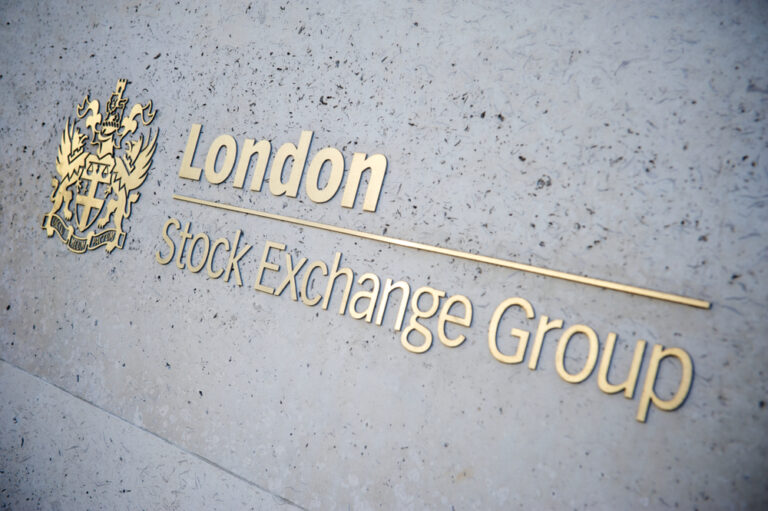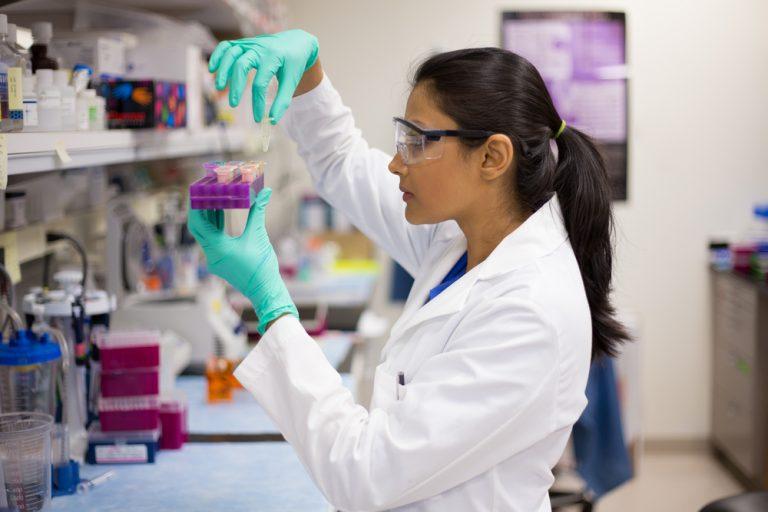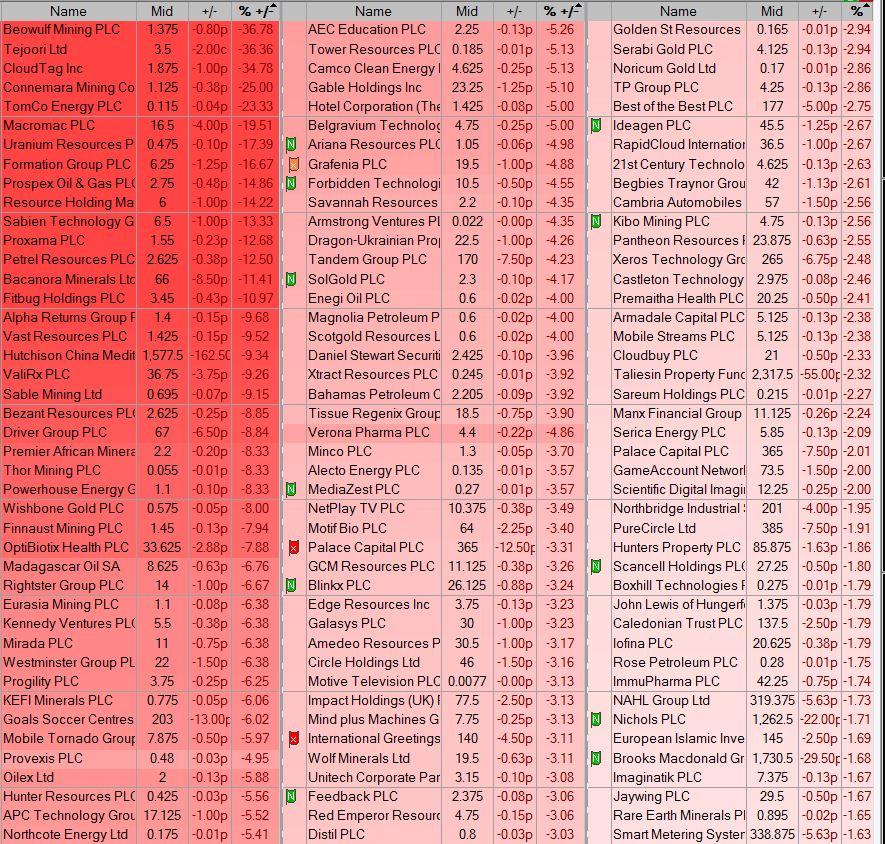Nvidia to invest up to $100bn in ChatGPT-maker OpenAI as part of a strategic partnership to build 10 gigawatts of AI data centres with Nvidia’s chips.
The strategic goal here is clear. Help OpenAI, which now has 700 million weekly users, embed its AI technology and solutions into the wider economy to ramp up token usage that ultimately requires more Nvidia GPUs.
“Everything starts with compute,” said Sam Altman, cofounder and CEO of OpenAI.
“Compute infrastructure will be the basis for the economy of the future, and we will utilize what we’re building with NVIDIA to both create new AI breakthroughs and empower people and businesses with them at scale.”
In addition, the deal makes Nvidia shares an interesting way to gain exposure to OpenAI as the chipmaker will now be one of the largest investors in OpenAI, if not the largest.
Nvidia shares spiked higher by over 3% in the immediate reaction to the news.
The collaboration will see OpenAI work with Nvidia as its preferred provider of chips and AI infrastructure as it expands its AI factories.
“Nvidia and OpenAI just dropped a bombshell on the AI landscape. A staggering commitment from Nvidia of up to $100 billion to OpenAI, paired with plans for the ChatGPT maker to deploy 10 gigawatts of AI data centres running on Nvidia chips,” said Matt Britzman, senior equity analyst, Hargreaves Lansdown.
“This makes Nvidia’s recent $5 billion investment in Intel look like pocket change. The first gigawatt is slated for the second half of 2026, powered by the new Vera Rubin platform. For Nvidia, the prize is huge – every gigawatt of AI data centre capacity is worth about $50 billion in revenue, meaning this project could be worth as much as $500 billion.”
Britzman continued to explain that the deal further cements Nvidia’s market position as the leading AI play for investors in publicly traded equity.
“This move cements Nvidia’s position as the undisputed king of AI at a time when custom chips from hyperscalers and startups had started to nibble at its dominance. By locking in OpenAI as a strategic partner and co-optimizing hardware and software roadmaps, Nvidia is ensuring its GPUs remain the backbone of next-gen AI infrastructure. The market is clearly big enough for multiple players, but this deal underscores that, when it comes to scale and ecosystem depth, Nvidia is still setting the pace – and raising the stakes for everyone else.”











